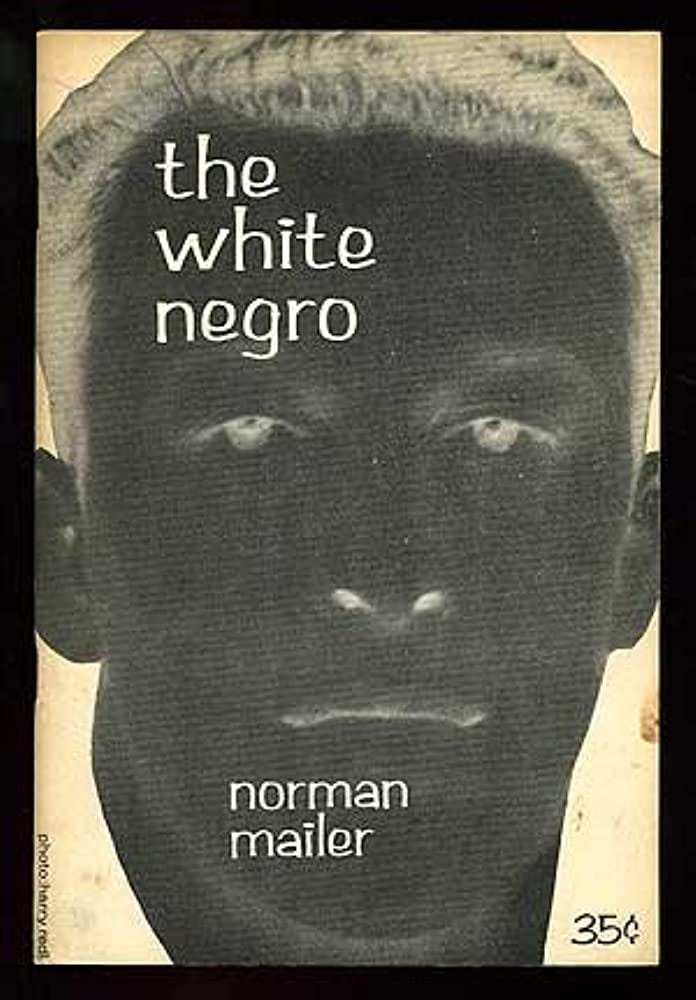I was planning to write an aggrieved essay about the increasing progressive/“woke1” censorship of literature. I had read about Penguin’s cancellation of a Norman Mailer title. I was also incensed to learn that “sensitivity readers,” hired by a corporation owned by Netflix (which recently purchased the Dahl franchise), bowdlerized a British edition of Roald Dahl’s work, removing words like “attractive” and “pink,” as well as phrases like “boys and girls” and “double chin,” although Dahl himself had said his books must remain exactly, word for word, as he wrote them. I was not alone in this. Margaret Atwood and Salman Rushdie recently made outcries.
I received useful feedback, respectful disagreement, from readers on my last piece. Some pushed back against my enthusiasm for CJ Hopkins, noting that he seems reactionary — at times homophobic, vaguely anti-Semitic, rather than “Old Left,” as he claims. Considering their responses, I read deeper into the issues and came to agree with them.
I also note, in myself, this twitchy desire to be angry, reactionary — to rebel against progressive / liberal ideas or seeming orthodoxies. To score points against invisible enemies, but perhaps not the most important or serious enemies.
I took time to read deeper into the issues. The kerfuffle over Mailer’s cancellation was kicked up by Michael Wolff, who wrote about it in The Atlantic. I’ve never particularly liked Wolff’s sensationalist Vanity Fair-style journalism, but his piece on Mailer got to me. Wolff blamed Penguin’s decision to drop a planned publication of Mailer’s political essays on a politically correct “junior staffer,” who objected “to the title of Mailer’s 1957 essay, ‘The White Negro.’” Wolff saw this as an inevitable outcome of the ongoing culture wars and the cancel culture, writing:
A public brawler (his physical altercations have involved punching, head butting, biting, sometimes on television, and, in 1961, stabbing his then-wife with a pen knife during a drunken party) and radical contrarian whose themes have included the challenges of masculinity and his own tenuous and often violent relationships with women, the novelist, journalist, playwright, filmmaker, and one-time candidate for New York mayor, has, well before his death in 2007, worn a ‘cancel me’ sign. His has flashed even brighter than those around the necks of his literary contemporaries, including Philip Roth (for sexism and bad relations with women), Saul Bellow (for same, plus his conservative politics), Vladimir Nabokov (for Lolita), J.D. Salinger (for weirdness, sexually and otherwise), John Updike and John Cheever (for unrelenting Waspiness), William Styron (for appropriating the life of slave rebellion leader Nat Turner), among others. All of their publishers await the next cultural boil, each author just an objection away from disappearing.
The problem is that, as other journalists discovered, Wolff’s incensed junior staffer seems to be someone he made up. According to David Klion in The Nation (“Norman Mailer Wasn’t Cancelled”), the book was probably pulled for financial reasons: “Mailer’s most significant books have faced declining sales since the late 1990s, and in all likelihood, Random House made a business decision not to pursue a collection that might have generated limited interest.” For Klion, the Mailer kerfuffle embodies “many aspects of the current discourse around free speech in elite circles,” flames continually fanned by Jordan Peterson and his imitators.

Klion notes, correctly, that the biggest threats to free speech today come from the Right, but the loudest voices against “cancel culture” tend to ignore them:
Florida’s Republican Governor Ron DeSantis has just introduced a bill that would prohibit public schools and private businesses from making white people feel uncomfortable in the context of diversity trainings, and Virginia’s new Republican Governor Glenn Youngkin kicked off his first day in office by banning the teaching of critical race theory in K-12 public school classrooms by executive order. … Writers like Wolff usually have nothing to say about these affronts to civil liberties, which carry behind them the weight of the legal system and are backed by exorbitant lobbying efforts; instead, they maintain a fixation on the disorganized efforts of comparatively powerless junior magazine and publishing staffers (real or imagined), undergraduates, and Twitter mobs to shame and criticize their established peers.
To add to this roster, Governor Kim Reynolds of Iowa just signed a bill into law that bans all books that depict sex from school libraries: “The highest-profile bill signed Friday, Senate File 496, bans books with written and visual depictions of sex acts from school libraries, with an exemption for religious texts like the Bible, Torah and Qur’an,” according to the Iowa Capital Dispatch.
Keep reading with a 7-day free trial
Subscribe to Liminal News With Daniel Pinchbeck to keep reading this post and get 7 days of free access to the full post archives.





